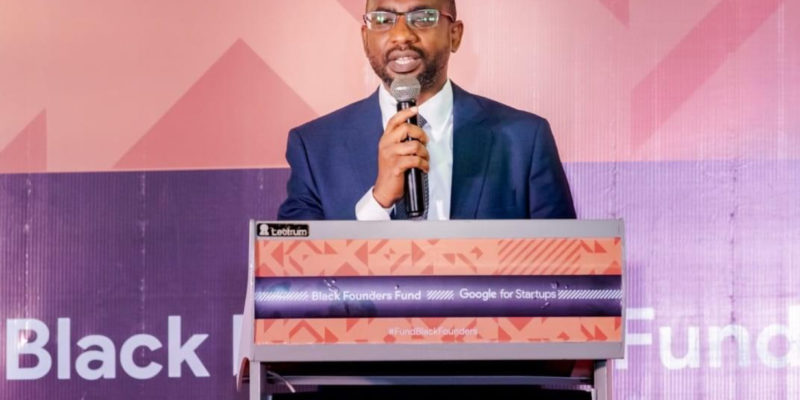The recently passed Nigeria Startup Bill by National Assembly will help institutionalize legal frameworks to enhance the growth of startups and strengthen Nigeria’s digital economy.
According to the Director General, National Information Technology Development Agency (NITDA), Kashifu Inuwa Abdullahi, a defined legal framework for the ecosystem will further help Nigeria to harness the potential of its digital economy through co-created regulations as well as provide enabling environment for attraction and protection of investment in the sector.
Abdullahi stated this while delivering a keynote address at the Google Black Founders Fund in Africa 2022 launch event in Abuja this week.
He noted that part of the challenge being faced by startups especially in Africa is legal backing. According to him, starting and growing businesses in Africa used to be a big challenge, but with such bill in place, it will be easier to start a business.
Speaking on the importance of the event, he said the gathering is an opportunity for startups to get funding and start a business. Also, the event offers other incentives like the Google training which can be accessed via Cloud.
He said government is firmly commited to the growth of digital economy in Nigeria.
His words: “We believe our own responsibility is to come up with policies that can enable a level playing field, and the government has been doing a lot in this area, starting with expanding the mandate of our ministry to cover digital economy, and the ongoing implementation of National Digital Economy Policy and Strategy for a digital Nigeria, which outlined its strategic pillars that are key to the ecosystem.
“We are currently working on a project called “Talent Gap Assessment”, because we believe talent is the people side of technology. In Africa, we cannot compete with the rest of the world in terms of hardware and any technology infrastructure, but when it comes to talent, we have a competitive edge over the rest of the world.”
While advising startups to leverage technology tools, he noted that “customers’ demand is changing rapidly, so startups can only remaimed relevant if they can envisage how human lives will be tomorrow and come up with innovative products that will be sellable in the future market.
“Don’t waste your time on what is happening today, the problem of today may be irrelevant tomorrow. Focus on Emerging Technologies and change the way we do things in this world. What helps you to succeed today may not help you succeed tomorrow.”
H e added: “Try and turn your products into services because the world is moving to a service platform markets. You will make more money in service than in products. It is easier to provide a service in Africa because of our challenging infrastructure. Let us explore that, that will help us to excel.”
He said government was ready to partner with people or organisations like Google in the ecosystem, especially the five key stakeholders needed to build a strong ecosystem. These are Entrepreneurs, Higher Institutions, Corporate Organisations, Multi-nationals and Governments.
“Entrepreneurs brings ideas, higher institutions provide human capital development, corporate organisations absorb products, and government’s role is basically in the policy-making and intervenes in a situation whereby there is shortage in unserved and underserved areas. This is why the government came up the start-up bill which is also going to come up with a seed funding that can help with early-stage funding as well,” noted.l Abdullahi.
On his part, Mr Adewolu Adene, Government Affairs and Policy Manager, Google Nigeria, applauded the Nigerian government for the incentives including easing registration process at the Corporate Affairs Commission.
He said, “We are really grateful for the support that we have been getting from policy makers and all the forces behind. We have done a lot to get to this point and we hope that we can continue to do even more to take us further such that we are able to deliver to the respective mandate.”































